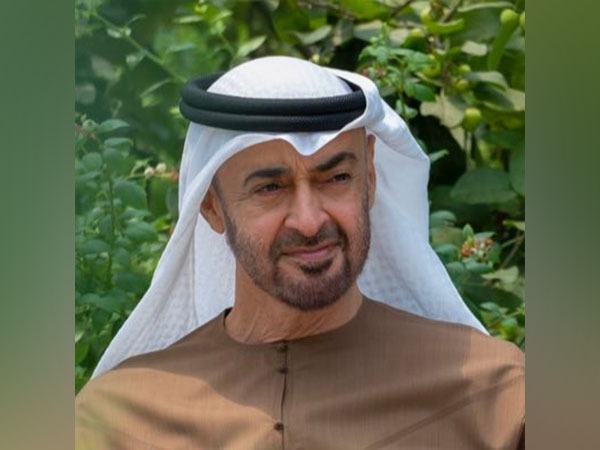Specially-abled individuals in PoGB struggle for rights, lament lack of facilities
Jul 26, 2024

Hunza [PoGB], July 26 : Several specially-abled people criticised the local administration of Pakistan-occupied Gilgit Baltistan (PoGB) for their "lack of social apathy" over the issues faced by them in the area, Pamir Times, a local news outlet, reported.
The specially-abled people lamented the lack of facilities during the meeting with the Human Rights Commission of Pakistan (HRCP) held at Hunza in PoGB.
The meeting was attended by the PoGB's Minister for Social Welfare and Women Development, Dilshad Bano.
The HRCP meeting also highlighted the inconsistency of the basic data in the numbers of specially-abled people in PoGB, as the data from government sources identify 1000 people with special abilities in PoGB, whereas private data mentions around 1,800 persons with special abilities in Hunza, PoGB, according to the Pamir Times report.
A specially-abled member during the HRCP meeting said that the lack of proper data makes it very difficult for them to take grants by the local administration.
"The non-availability of proper data is the biggest issue here. The data has been wrong for a long time, someone who has a back issue is also included in the same data, and someone who has weak eyesight due to old age is also included in the same data," he said.
"The situation is this much worse because the data has not been collected by an expert who can judge the disability properly. Hence, there are a lot of problems when we try to get the grants that are issued for specially-abled people, as many people are not included in the data despite being specially-abled," the member added.
While expressing his views on the financial and medical constraints faced by the specially-abled, the activist said the officials don't even spend 15 minutes with the people to understand their needs.
"In this situation, where can we go and ask for help? We cannot depend on anyone and there are no help centres or officials for us in the PoGB area. There is no support for our people in Hunza. Sometimes when we call officials as chief guests in functions organised by and for specially-abled people, they don't even spend 15 minutes with us. We are thankful that there are individual businessmen, NGOs and people who help us in our time of need. It is because of them, that we can run a small school of specially-abled people."
Another female activist highlighted a discrepancy in the examination system for job opportunities, as people with special abilities do have a special quota but don't have a special exam. She said that these loopholes force them to compete with normal people.
"Every time a two per cent quota is allotted to us, then we are forced to take tests with normal people and are rejected. If a two per cent quota is assigned to us then, a test must be designed especially for us. This will level the playing field. The only specially-abled people who can get jobs are those who are relatives of previously employed officials. So we are again put at a disadvantage," she mentioned.
She also highlighted that the education system has not been designed as per the needs of specially-abled individuals.
"You talk about inclusive education, tell me in which schools you have made special resource centres for our needs. As all students are not equal, they are specially-abled people who need a special teacher for their education. We are often promised that resources and special teams will be sent for our aid, we keep waiting but no team ultimately reaches us," the activist said.
"Is this a joke? Are we considered beggars? it is the responsibility of the government to take care of us and support us. There are special funds for the protocol of central government employees, just transfer a small amount from that fund for our betterment," she added.




















